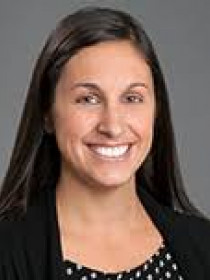
Parissa Jahromi Ballard
Connect with Parissa
About Parissa
Ballard's research focuses on positive youth development with a focus on youth civic engagement. Themes in Ballard's work include understanding the diverse routes to civic engagement among adolescents and young adults and the implications of various forms of civic engagement on adolescent and young adult development. Her current project focuses on the intersection of civic engagement and health with the goal of establishing youth engagement strategies to promote adolescent behavioral, mental, and physical health as well as community health.
Contributions
Publications
Finds that three forms of civic engagement (voting, volunteering, and activism) during late adolescence and early adulthood are positively associated with subsequent income and education level. Finds that volunteering and voting are favorably associated with subsequent mental health and health behaviors while activism is associated with more health risk behaviors and not associated with mental health.
Argues that the process of community engagement has implications for individual health and strong communities. Highlights this topic's importance during adolescence, a developmental window of opportunity during which individuals need meaningful opportunities to contribute to the world around them.
Tests the bidirectional links between perceived discrimination and civic beliefs and activism among Latino and Asian late adolescents. Finds that certain civic beliefs and civic activism in high school predicted increased perceptions of discrimination over time while perceiving high levels of discrimination in high school predicted a decrease in the belief that society is fair over time.